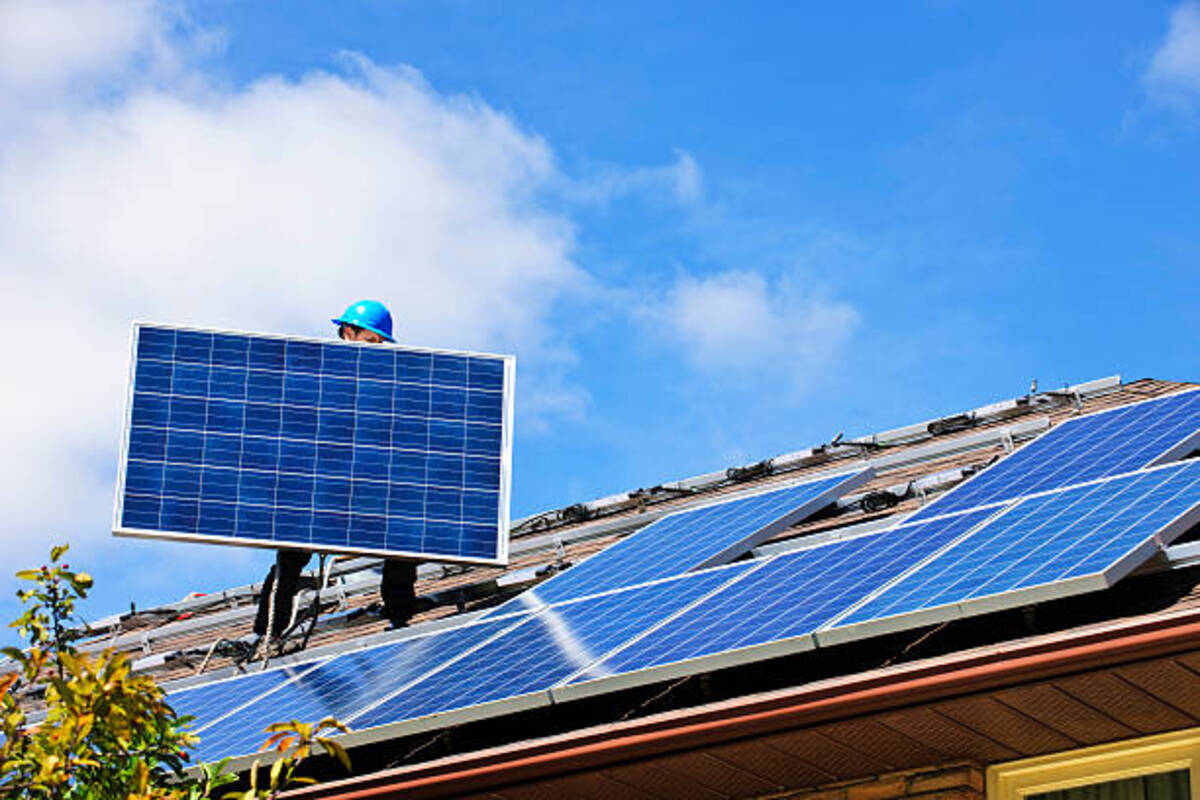In recent years, the global push towards sustainability has led to increased interest in eco-friendly alternatives across various industries. Solar energy, in particular, has gained significant momentum as a renewable and clean energy source. However, as solar panels age, the need for replacement arises. In this article, we delve into eco-friendly options for solar panel replacement, exploring sustainable solutions to meet energy needs while minimizing environmental impact.
Understanding Solar Panel Replacement
Before delving into eco-friendly options, it’s crucial to understand the need for solar panel replacement. Solar panels typically have a lifespan of 25 to 30 years, after which their efficiency may decline, necessitating replacement. Factors such as weather conditions, maintenance, and technological advancements also influence the decision to replace solar panels.
Traditional Replacement Methods
Traditional methods of solar panel replacement often involve disposing of old panels in landfills, contributing to environmental pollution. Additionally, the manufacturing process of new panels may involve the use of non-renewable resources and produce greenhouse gas emissions.
Challenges with Traditional Methods
Environmental Impact:
Disposal of old panels in landfills contributes to pollution and resource depletion.
Carbon Footprint:
Manufacturing new panels may result in carbon emissions and energy consumption.
Eco-Friendly Alternatives
To address the environmental challenges associated with traditional replacement methods, several eco-friendly alternatives have emerged in the solar industry.
Recycling Programs
Some companies offer recycling programs for old solar panels, allowing for the reuse of materials such as silicon, glass, and metals. Recycling reduces waste and minimizes the need for raw materials in manufacturing new panels.
Upcycling Initiatives
Upcycling involves repurposing old solar panels for alternative uses, such as solar-powered water heaters, outdoor lighting, or educational purposes. Upcycling extends the lifespan of panels and promotes resource conservation.
Refurbishment and Repair
Refurbishing and repairing damaged panels can extend their lifespan and reduce the demand for new replacements. This approach minimizes waste generation and maximizes the utilization of existing resources.
Advantages of Eco-Friendly Options
Embracing eco-friendly options for solar panel replacement offers several benefits:
Environmental Conservation
By recycling, upcycling, and refurbishing old panels, eco-friendly options help reduce waste generation and conserve natural resources.
Energy Efficiency
Refurbished and repaired panels can operate efficiently, contributing to energy savings and sustainable energy production.
Conclusion
As the demand for renewable energy continues to rise, the importance of adopting eco-friendly practices in the solar industry cannot be overstated. Exploring options such as recycling, upcycling, and refurbishment for solar panel replacement not only mitigates environmental impact but also promotes sustainability and resource conservation.
